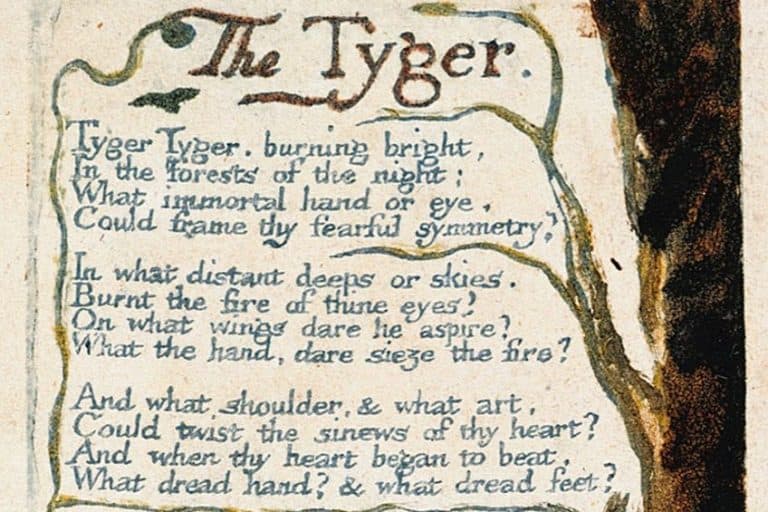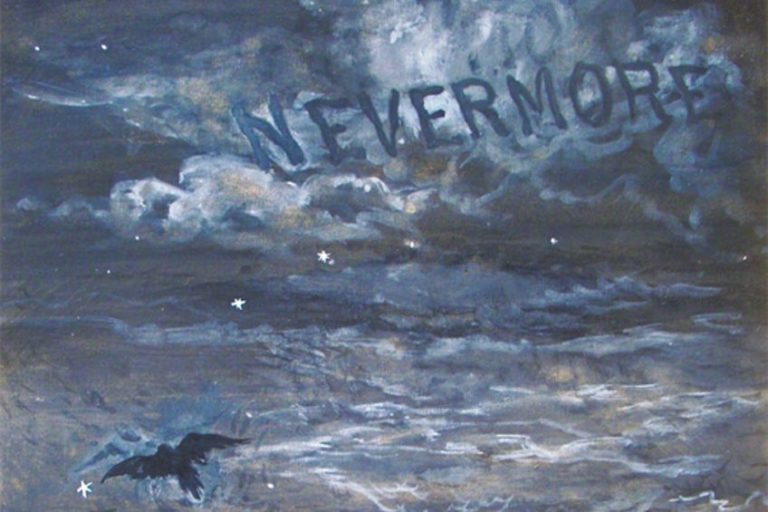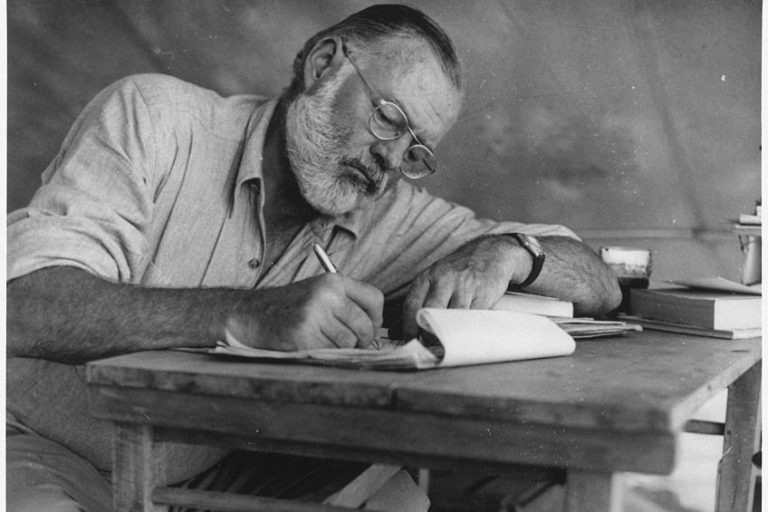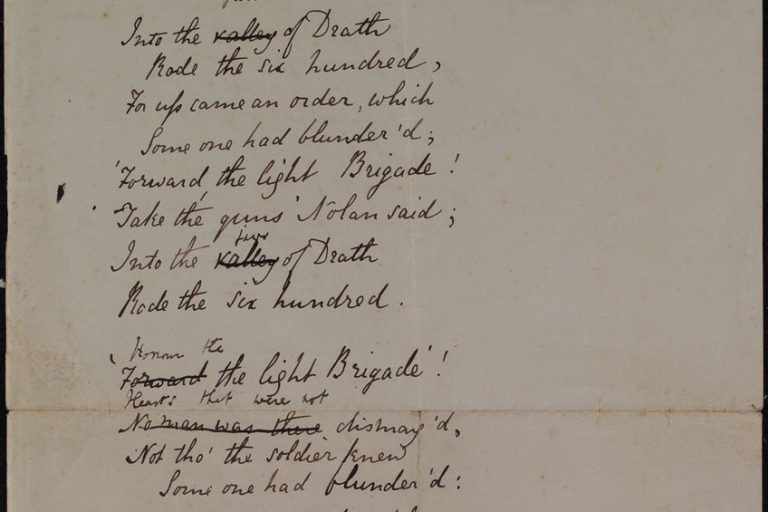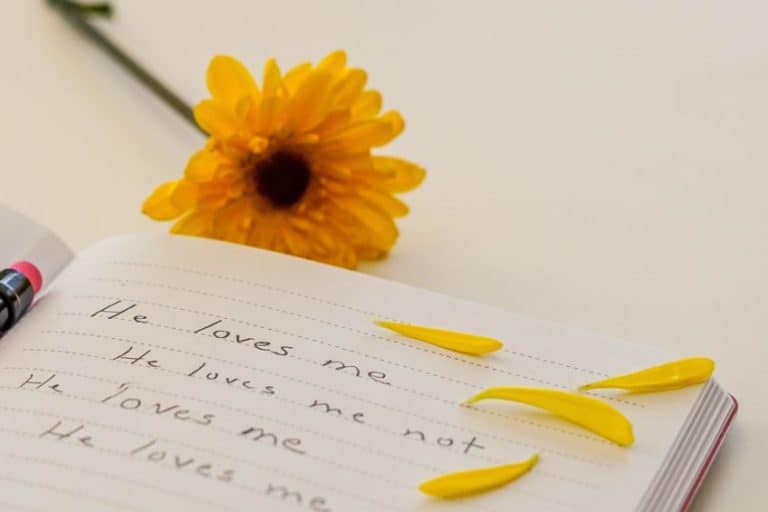Hyperbole in Poetry – The Art of Poetic Exaggeration
We all occasionally like to exaggerate things a little more than they should maybe be exaggerated, and this is why hyperbole in poetry exists in the first place. For those unfamiliar with this term, or for those who simply wish to know how it can be better applied, this article is for you. We will examine what hyperbole is, how it can be used in both poetic and non-poetic language, and a few examples of hyperbole in poetry. If this appears to be your jam, keep reading and learn more about the most important thing that exists in the world! Or, at least, hyperbolically so for the purpose of this article!
A Look at Hyperbole in Poetry
There are a great many different types of poetic techniques in this world, and every now and then, one of these techniques comes along that is a little bit more on the annoying side because of the language that it uses. Many poetic techniques have specific terminology that is not applicable elsewhere, but hyperbole can be found in far more than poetry alone. It is actually a rather common way of speaking in an ordinary sense too. The reason for this is that “hyperbole” is the more literary term for “exaggeration”.
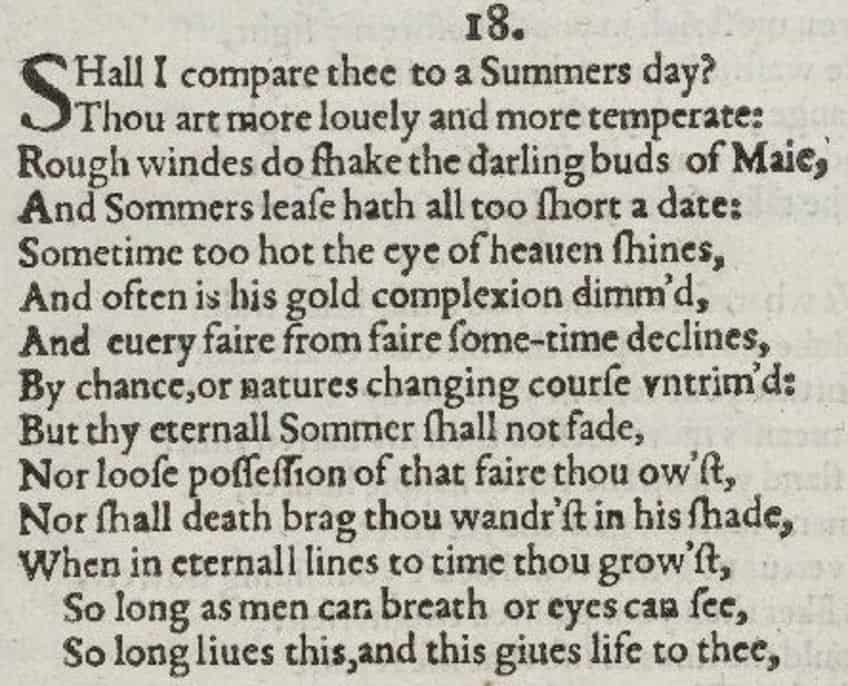
If you are familiar with what it means to exaggerate something, and what exaggeration can do in a poem or ordinary conversation, then you may not have as much to learn from this particular article as others. However, for those who are not certain about how exaggeration can be used, this article will explore this useful technique and why we like to use it so much. Hyperbole, or exaggeration, is one of the most interesting things that humans like to do with language.
However, before we dive into some poems with hyperbole, and other aspects of language that also use this device, we are instead going to have a quick look at a summary of hyperbole in poetry. If you want more than just a summary, stick around until after the summary to learn a lot more.
Summary of Hyperbole in Poetry
We do not all have the time to read through an entire article, and so that is what this short summary is for. However, you will learn far more about hyperbole in poetry if you keep reading. In addition, there are many examples of hyperbole in poetry that can help illustrate how and why hyperbole is used, but that does require reading further. For those who do not wish to do that, here are a few points to help understand ordinary language and poems with hyperbole:
- Hyperbole refers to poetic exaggeration. This term does not have some kind of a special meaning and is instead a synonym for “exaggeration”. This particular term is generally used when referring to the device within literary texts, but it can also be applied to ordinary language.
- Hyperbole in poetry is used to emphasize. There are many different reasons for the existence of hyperbole poems, but some of the most common uses of hyperbole in poetry is to serve as a means to emphasize something. This can often be done to highlight some particularly important idea or theme in a text that needs to have a special focus.
- Hyperbole can be used in ordinary language. While we generally use the term “hyperbole” in a more literary sense, it can also be used when talking in an ordinary capacity. It has similar reasons for existence in ordinary language as it has in poetic language. It is also often used for humorous reasons.
This is the conclusion of our short and sweet summary of hyperbole in poetry. There are many different reasons for hyperbole poems to exist and make use of this technique. However, to understand more of those aspects, you will need to keep reading this article.
We will start with our deeper look at hyperbole itself as a concept.
A Definition of Hyperbole
This poetic device is obviously the most important one that has ever been created! Well, not really, but it is entertaining to be hyperbolic sometimes. So, that is basically what hyperbole is regardless of where it can be found. It is the use of exaggeration for a deliberate purpose. It is often found in poetry, as well as prose, drama, and ordinary communication, because it is a device that has a number of fantastic functions. However, we will get to those functions in time.
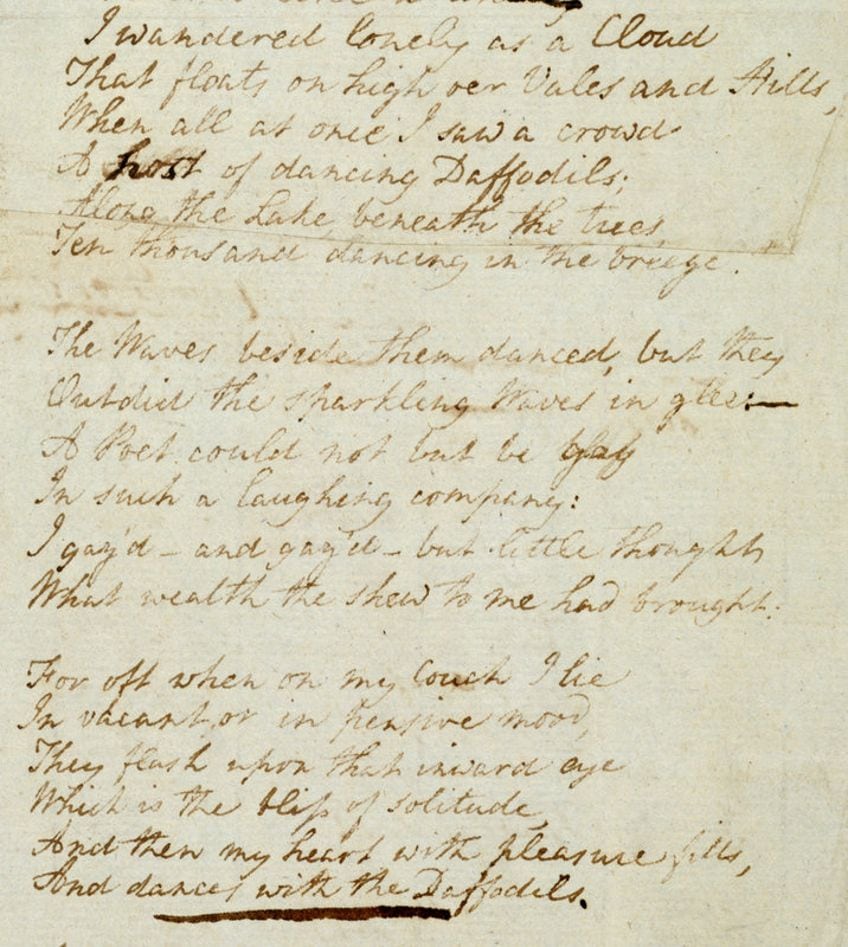
This is, in very basic terms, what hyperbole is though. It is basically a poetic synonym for exaggeration, but there is generally some kind of a purpose behind hyperbole whereas exaggeration does not necessarily have a more poetic purpose. So, let’s check out some of those functions of hyperbole in poetry.
The Functions of Hyperbole in Poetry
When it comes to the use of hyperbole in poetry, there are many reasons that one may wish to use this device. Firstly, it is a poetic device that allows us to exaggerate and, therefore, highlight something. If we wish to focus on some particular thing or thought, we may wish to proclaim that it is the greatest thing in the world! This is obviously not realistic, but human emotion is not usually particularly realistic in its interpretation of anything. So, we use hyperbole because we want to highlight something or increase the emotionality of what we show.
Hyperbole is, by its very nature, metaphorical. When we say that it feels like we’ve been doing something for a thousand years, no, we haven’t. It only feels that long.
It is a metaphorical way of perceiving reality, and so even though it is against a more literal understanding of the world, we will often find it in poetry. In addition to this, hyperbole in poetry can be used as a means of creating a contrast between different ideas. For instance, what is presented to us in a hyperbolic sense, and what is not in a poem? Which elements of a poem are more understated and which ones are exaggerated? This is a phenomenal way to get to the heart of how human beings perceive the world. We are not objective creatures, and we like to claim that things are AMAZING or TERRIBLE rather than just fine.
The Functions of Hyperbole in Ordinary Language
When it comes to the use of hyperbole in ordinary language, the reasons are often very similar to what they are in poetry. There are many different expressions that are highly hyperbolic, such as “fast as lightning” or “this [insert name of object] weighs a ton”. We like to be hyperbolic with our speech regardless of its place as being factually inaccurate. Humans often like to speak in a way that is not objective because that is the way the human mind often works.
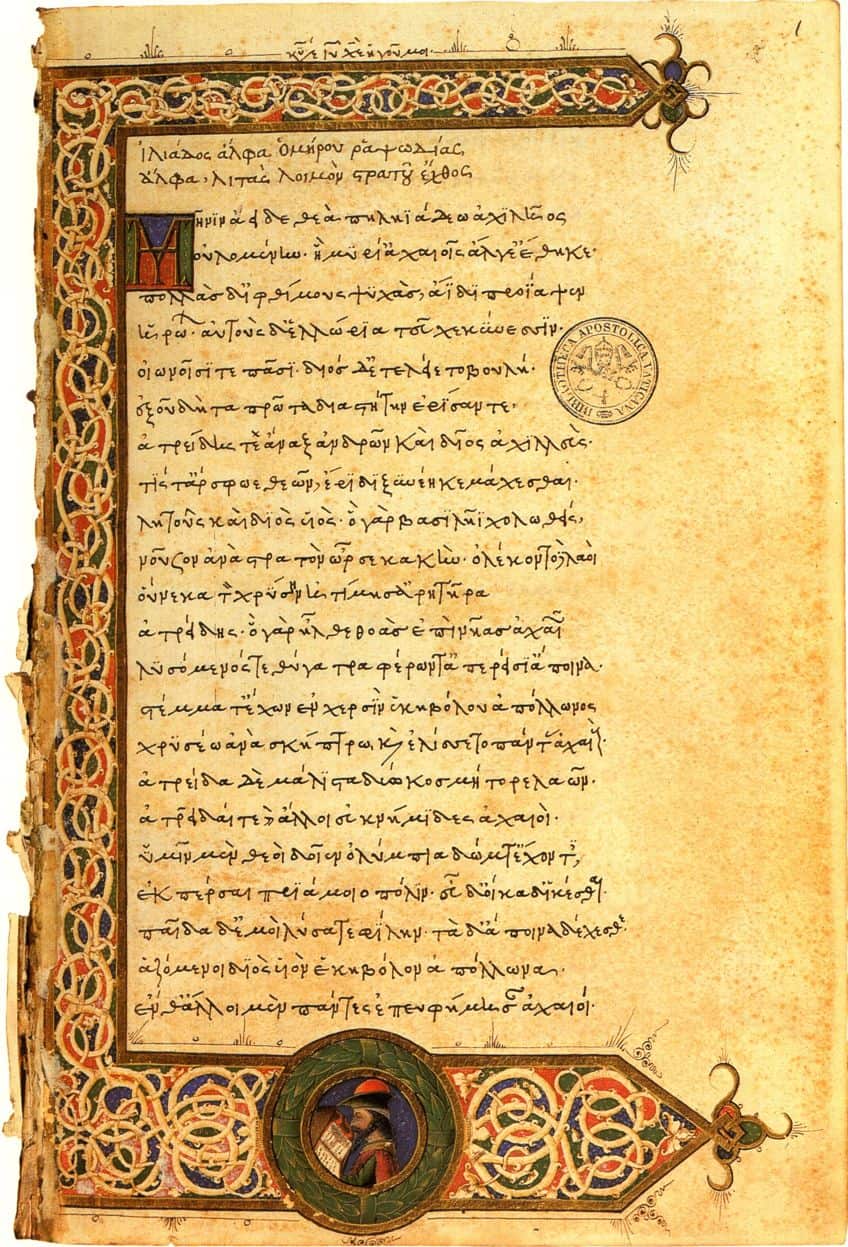
So, hyperbole can be used to exaggerate, make a humorous claim, or be sarcastic. We can say that something is the best thing we’ve ever had the pleasure of witnessing in our lives! Or we can joke that it is the worst thing we’ve seen since watching a terrible mumble rap video that an overconfident twenty-something posted on TikTok. There are endless possibilities for the use of hyperbole in both ordinary and poetic language. There is also often overlap between what is used in poetic and non-poetic language. The reason for this is that the differences between these two supposedly opposite ways of producing language are actually not so different from one another. We often use ordinary language in poetic language, and we often use poetic language in ordinary language.
It’s almost as if they’re both part of language and so they naturally coexist with one another. Almost.
The Opposite of Hyperbole
We often talk about the use of hyperbole in literary texts, but we hardly seem to discuss the opposite of it. So, what is the opposite of hyperbole in poetry then? Well, the opposite is a deliberate understatement. If hyperbole is exaggerating something, an understatement is trying to decrease the impact of something. Rather than using exaggerated claims, this will instead use extremely restrained language that refuses to give the full truth of the matter. Basically, it is coyer as a style and allows someone to sneak information in instead of pronouncing it loudly. This is not as commonly found as hyperbole is though.
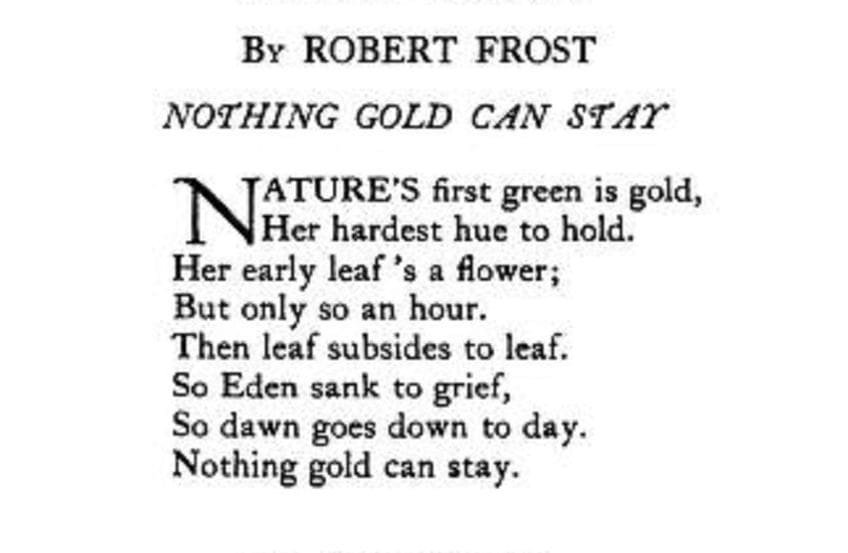
Examples of Hyperbole in Poetry
When it comes to poems with hyperbole, there are so many to choose from. This is not a particularly unusual poetic technique, and many famous texts have also doubled as hyperbole poems. However, we will consider a handful of these texts today. It is always worth remembering that while these examples of hyperbole in poetry may be some of the most famous, there are so many others that also make use of hyperbole that attempting to log them all in one article would ultimately be a fool’s errand.
This should give a good enough understanding of hyperbole poems and why this technique is used.
To His Coy Mistress (1681) by Andrew Marvell
| Date Published | 1681 |
| Type of Poem | Carpe diem poem |
| Rhyme Scheme | AABB |
| Meter | Iambic tetrameter |
| Topic | Love and time |
To His Coy Mistress is from a tradition of poetry known as carpe diem poetry. This is a type of poem that encourages us, as mortal things, to seize the day! We must grab life by the horns and just live it rather than play it safe. This poem is a fantastic example of that mentality. In addition, it is a rather playful and often silly poem that many people appear to take very seriously. The reason it is a rather silly poem is because it is about a man who wants to try and convince a woman to go to bed with him, and it uses a staggering array of hyperbolic statements to try and seduce this woman.

For instance, the poem proclaims that this woman deserves to have a hundred years of praise for the beauty of her eyes, two hundred for each of her breasts, thirty thousand for everything else, and an age to her heart. However, it tells us that there is no time for this. So, um, you should probably just sleep with me now instead seeing as we’re both going to get old and die soon anyway. It’s a silly, but rather fun poem provided it doesn’t seem too misogynistically creepy.
Although, it may be difficult to escape that reality.
A Red, Red, Rose (1794) by Robert Burns
| Date Published | 1794 |
| Type of Poem | Ballad |
| Rhyme Scheme | ABAB |
| Meter | Variable |
| Topic | Love |
A Red, Red, Rose is a love poem that makes use of some fantastic hyperbole. This device is often found in love poetry because when we are in love with someone, we often elevate them. We no longer see them as beings on par with the rest of humanity. Instead, they are special and unique. They are better than everyone else! We love them and we see their inner lives, outer beauty, and everything else as utter perfection. It is not realistic, but that’s what hyperbole in poetry is for!

The poem includes ideas such as loving someone until the seas dry up and the rocks themselves melt in the sun. These are not things that any human is going to experience in their lives, but they can feel that way. I will love you forever! This is something we commonly say even though we know that we are all going to die someday.
However, we want to make these kinds of grand pronouncements to those we adore, and poetry is a fantastic medium for expressing that kind of feeling.
The Concord Hymn (1848) by Ralph Waldo Emerson
| Date Published | 1848 |
| Type of Poem | Hymn |
| Rhyme Scheme | ABAB CDCD EFEF GHGH |
| Meter | Iambic pentameter |
| Topic | Commemoration of the Battle of Concord |
The Concord Hymn is a poem that includes one of the most well-known examples of hyperbole in poetry from the United States. The poem is a commemorative piece meant to reflect the feelings that came from the Battle of Concord, which was one of the earliest and most important battles of the American War of Independence. The line that is used in this poem is “The shot heard around the world”, and it has become one of the most famous lines in 19th-century poetry.
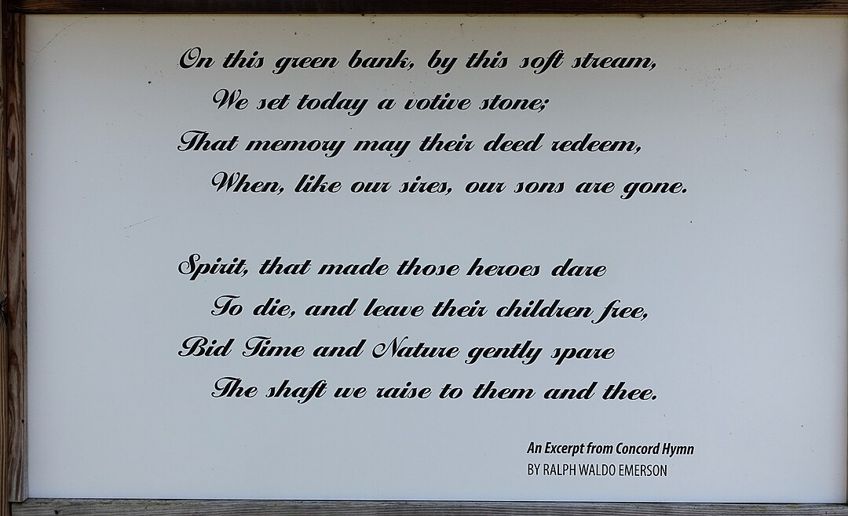
The reason that this is a fantastic example of hyperbole in poetry is because of the realities of any kind of a shot. No shot can be heard around the world, and so this line tells us that there was deep metaphorical weight to this shot. It was not a literally loud bullet, but rather one that was immensely important in world history. It was representative of the end of British colonial rule in North America, and it would be the herald of the end of an era. This is why it is such a potent piece of poetic writing.
We are done with the hardest and most complicated poetic concept that has ever been explored ever! Anyway, this has been our look at hyperbole in poetry! We discussed the concept itself, how it is used in both poetry and more typical language, and a few examples of hyperbole in poetry. This common poetic technique is a very pervasive one and can be found in poetic texts from around the world. And that is said in a very non-hyperbolic sense. Hopefully, you have better-understood hyperbole poems by the end of this and understand why this technique has been used for so long. There are many other hyperbole poem examples out there that were not discussed here, so if you like this technique, consider seeking out some other examples of this method!
Frequently Asked Questions
What Is Hyperbole in Poetry?
This is a literary and rhetorical technique. It specifically refers to the use of purposive exaggeration. It is generally used as a form of emphasis of some kind. It is common to find exaggerations in many examples of ordinary language, but the reasons it is used in poetry can often be more pointed and deliberate. It can be difficult to remember this term when a more ordinarily used example, in the form of the word exaggeration, exists, but when discussing the use of exaggeration in poetry, we use the term hyperbole instead of the more commonly used ordinary word.
What Are the Functions of Hyperbole in Poetry?
There are a number of possible functions of hyperbole in poetry. For instance, the use of this technique for emphasis is generally the most common form. This can be used to reinforce an idea or emotion or to ensure that something sticks in the mind of the reader. It can be used to make a point or help create contrasting points of view, and when used alongside other poetic techniques, it can help to elevate those other poetic techniques.
Is Hyperbole Used in Everyday Language?
This poetic technique is very much used in ordinary language. However, when we discuss its use in everyday communication, we often simply refer to it as exaggeration rather than hyperbole. This does not need to be the case though as these two terms can be used rather interchangeably. However, we do often refer to the use of hyperbole as something more deliberate than simple exaggeration, and when we are trying to make a point in normal conversations, we may wish to use hyperbole.
What Is the Opposite of Hyperbole?
If hyperbole is an exaggeration, then the opposite of it would be an understatement. This would be de-emphasizing something rather than trying to highlight it. This could be used as a means of allowing something else to be highlighted in place of the thing that has been understated. When used in ordinary conversation, it can also imply a kind of reservedness or timidity in those who make use of it.
What Are Some Famous Examples of Hyperbole in Poetry?
There are so many instances of poems with hyperbole, but a few of the most notable ones include To His Coy Mistress (1681) by Andrew Marvell, A Red, Red, Rose (1794) by Robert Burns, and The Concord Hymn (1848) by Ralph Waldo Emerson. There are a lot more than only these few examples though, and many different poems make use of exaggerated ideas and claims to help solidify the point that they are trying to explore with their audience.
Justin van Huyssteen is a freelance writer, novelist, and academic originally from Cape Town, South Africa. At present, he has a bachelor’s degree in English and literary theory and an honor’s degree in literary theory. He is currently working towards his master’s degree in literary theory with a focus on animal studies, critical theory, and semiotics within literature. As a novelist and freelancer, he often writes under the pen name L.C. Lupus.
Justin’s preferred literary movements include modern and postmodern literature with literary fiction and genre fiction like sci-fi, post-apocalyptic, and horror being of particular interest. His academia extends to his interest in prose and narratology. He enjoys analyzing a variety of mediums through a literary lens, such as graphic novels, film, and video games.
Justin is working for artincontext.org as an author and content writer since 2022. He is responsible for all blog posts about architecture, literature and poetry.
Learn more about Justin van Huyssteen and the Art in Context Team.
Cite this Article
Justin, van Huyssteen, “Hyperbole in Poetry – The Art of Poetic Exaggeration.” Art in Context. November 30, 2023. URL: https://artincontext.org/hyperbole-in-poetry/
van Huyssteen, J. (2023, 30 November). Hyperbole in Poetry – The Art of Poetic Exaggeration. Art in Context. https://artincontext.org/hyperbole-in-poetry/
van Huyssteen, Justin. “Hyperbole in Poetry – The Art of Poetic Exaggeration.” Art in Context, November 30, 2023. https://artincontext.org/hyperbole-in-poetry/.




